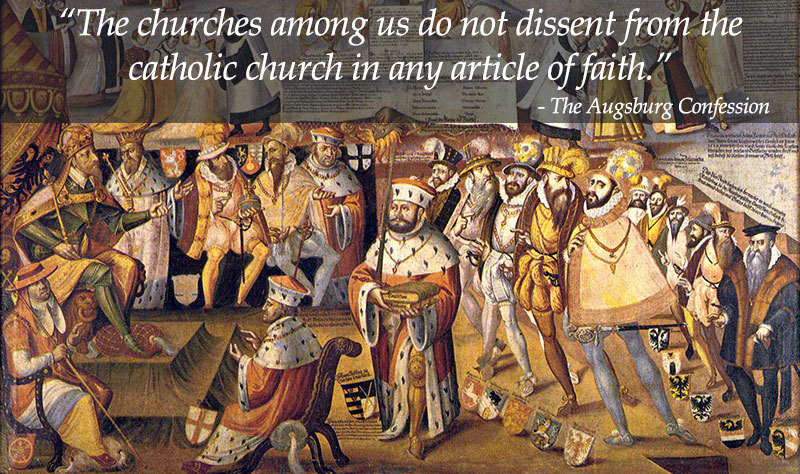
On a recent trip to Germany, I took the opportunity to reread Mary Shelley’s Frankenstein (a fascinating book to be sure—remind me sometime to talk about the critique of Calvinism present in the story). On the way home from said trip, I noticed that one of the movies available to watch on the plane was I, Frankenstein. I’d never heard of the film but I thought it an appropriate choice, even if the description was somewhat ludicrous: “Adam [ie, Frankenstein’s monster] finds himself caught in the middle of a battle between gargoyles and demons that are battling to discover the secret to his immortality.”
…. Right.
Still, I turned on the film. And the plot is basically that described above. There is a secret “sacred order of gargoyles” instituted by the Archangel Michael to protect humanity from a secret battalion of demons still lose on earth. When an angel kills a demon, the demon is “descended” to hell (yes, they use “descended” as a transitive verb). Contrariwise, a gargoyle killed by a demon is “ascended.” The demons want to reanimate thousands of dead corpses—using the secret of Frankenstein’s science—so that they call up their “descended” brethren to possess the bodies (because, according to this movie, demons cannot possess the living, only reanimated corpses, and these only if they have a silly star cut into their foreheads. Apparently reanimated corpses—like Adam—don’t have souls to crowd the demons or something.]
The film is, of course, silly at best. The plot is bizarre, the CGI is nothing special, and the dialogue goes from dumb to dumber (a far cry from Shelley’s work). Still, the film illustrates an interesting trend in supernaturally-themed movies: namely, the use of angelic and demonic beings, but first stripping them of their religious significance.
To be sure, I, Frankenstein doesn’t strip all religious reference. We hear Adam told (and I paraphrase) that he is the only living thing “not created by God,” that he consequently has “no soul,” and that “God will surely damn him.” But the God invoked is a mysterious being, referenced tangentially, and then forgotten. Even the gargoyles who fight for God seem to have no direct connection with Him: it seems that only their queen has access to higher spiritual powers—the archangels—and she never bothers to give them a call during the film.
 Other religious elements are similarly stripped of their significance. For example, we are told that only “sacramental” objects can “descend” a demon. But any object can be “sacramental,” we learn, so long as it has the symbol of the gargoyle order carved into it. That symbol? It’s a cross of sorts, but a cross with two additional horizontal lines added to it (below the normal horizontal line). And these secondary lines are so long as to disguise that it’s a cross at all. In fact, it’s first introduced sideways on screen, so it took me a while to realize it even was a cross! Jesus isn’t in this film, even if His symbol is co-opted and adapted.
Other religious elements are similarly stripped of their significance. For example, we are told that only “sacramental” objects can “descend” a demon. But any object can be “sacramental,” we learn, so long as it has the symbol of the gargoyle order carved into it. That symbol? It’s a cross of sorts, but a cross with two additional horizontal lines added to it (below the normal horizontal line). And these secondary lines are so long as to disguise that it’s a cross at all. In fact, it’s first introduced sideways on screen, so it took me a while to realize it even was a cross! Jesus isn’t in this film, even if His symbol is co-opted and adapted.
It’s a common enough feature in contemporary cinema: a generic God stripped of any specific identifying characteristics. And this use of generic religion has consequences, in that it consistently feeds into a Law-based depiction of religion. The Adam of this movie differs from his biblical namesake. Unlike the progenitor of humankind who was created “in the image of God” and thus endowed with a soul, our film protagonist is not. The solution to this problem? Earn a soul by doing good deeds of course. Fulfill your part in generic-God’s mysterious destiny and you too will be rewarded!
Frankenstein is a masterpiece of Gothic fiction, and well worth the read. But I, Frankenstein, like many Hollywood films, is missing the key element in a supernatural drama: namely, a divinity (and religion) that makes sense.
———————

 So begins my most recent column for The Canadian Lutheran. It considers the increasingly secular culture in which Canadian Christians find themselves, and notes a rising intolerance towards Christians in our country. To be sure, this intolerance is not persecution in the strict sense of the term, I note; we do not face martyrdom the way some people—Mariam Ibrahim of Sudan, for example—do for professing faith in Christ. “Nevertheless,” I argue, Christians in Canada are also learning, if only a little, what it means to suffer for Christ.”
So begins my most recent column for The Canadian Lutheran. It considers the increasingly secular culture in which Canadian Christians find themselves, and notes a rising intolerance towards Christians in our country. To be sure, this intolerance is not persecution in the strict sense of the term, I note; we do not face martyrdom the way some people—Mariam Ibrahim of Sudan, for example—do for professing faith in Christ. “Nevertheless,” I argue, Christians in Canada are also learning, if only a little, what it means to suffer for Christ.”

 Other religious elements are similarly stripped of their significance. For example, we are told that only “sacramental” objects can “descend” a demon. But any object can be “sacramental,” we learn, so long as it has the symbol of the gargoyle order carved into it. That symbol? It’s a cross of sorts, but a cross with two additional horizontal lines added to it (below the normal horizontal line). And these secondary lines are so long as to disguise that it’s a cross at all. In fact, it’s first introduced sideways on screen, so it took me a while to realize it even was a cross! Jesus isn’t in this film, even if His symbol is co-opted and adapted.
Other religious elements are similarly stripped of their significance. For example, we are told that only “sacramental” objects can “descend” a demon. But any object can be “sacramental,” we learn, so long as it has the symbol of the gargoyle order carved into it. That symbol? It’s a cross of sorts, but a cross with two additional horizontal lines added to it (below the normal horizontal line). And these secondary lines are so long as to disguise that it’s a cross at all. In fact, it’s first introduced sideways on screen, so it took me a while to realize it even was a cross! Jesus isn’t in this film, even if His symbol is co-opted and adapted.




